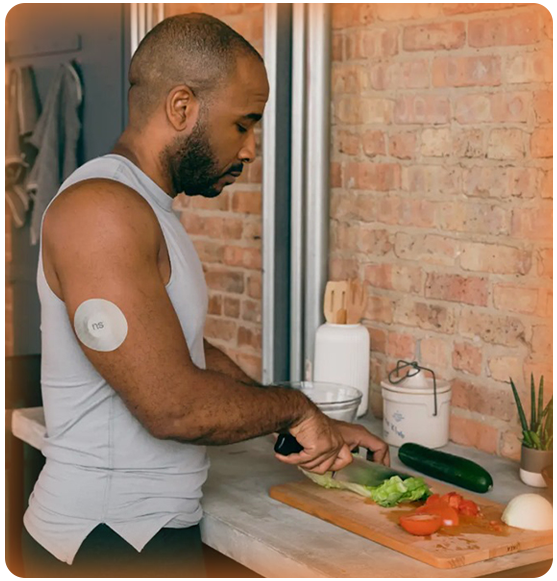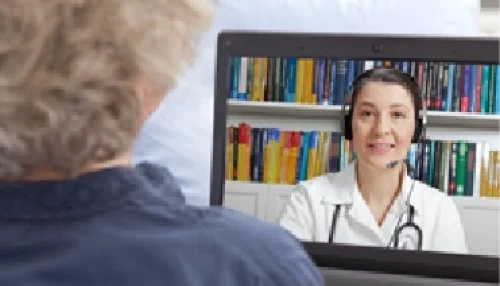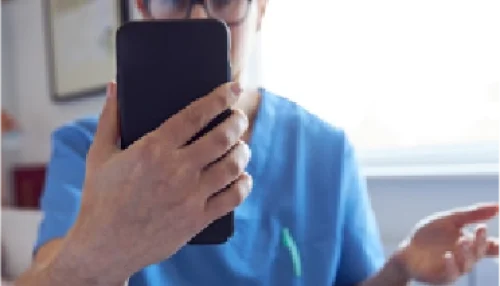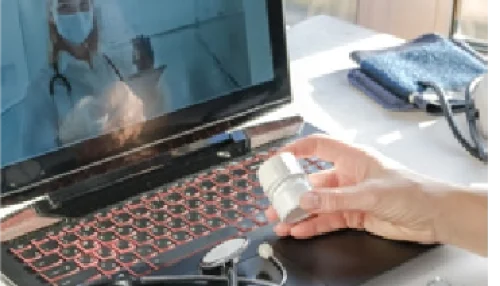Men health
Barriers to Adequate Men’s Health Management
Certain patients cannot come to the hospital for planned appointments due to work commitments or disabling diseases.
Gastrointestinal diseases like the Hepatitis C virus (HCV) primarily affects communities that historically have not had access to quality healthcare.
The stigma associated with many gastrointestinal diseases may cause patients to feel nervous or embarrassed about an in-person visit.
Patients may not have the finances required for traveling to a hospital so often.
The nature of gastrointestinal diseases requires that patients come in for monitoring on a frequent basis in order to ensure their health and safety.


Diseases MySmartCare360
monitors for Men’s Health
Physicians
Types of Virtual Care Services
Provided for Men’s Health
Physicians
Helping patients suffering from chronic conditions get well
When you sign up for MRG, your patients get access to our MySmartCare360 app. Here’s
how the app helps your patients get well.
how the app helps your patients get well.
Clinical Research Demonstrates Virtual Care
Improves Men's Health Outcomes
Improves Men's Health Outcomes
Giving your patients the best possible care means more than just providing them with medical services. It’s also time for you, as their physician, to think beyond what can be seen in-person. Remote patient monitoring (RPM) and virtual care have been clinically shown to improve gastroenterology outcomes and allow more people dealing with GI issues to get the treatment they need. In an RPM program, patients are monitored remotely using home medical devices like digital weight scales and glucometers to measure weight, glucose, pain scoring, and other measurables unique to treating gastroenterology patients. In an article published by MDPI, it was demonstrated that patients treated with RPM systems experienced higher rates of sustained virological response compared to patients that were receiving the traditional face-to-face consultations prevalent in Gastroenterology today. This is important because it allows those living in distant or impoverished communities to obtain the healthcare that they need and deserve.









